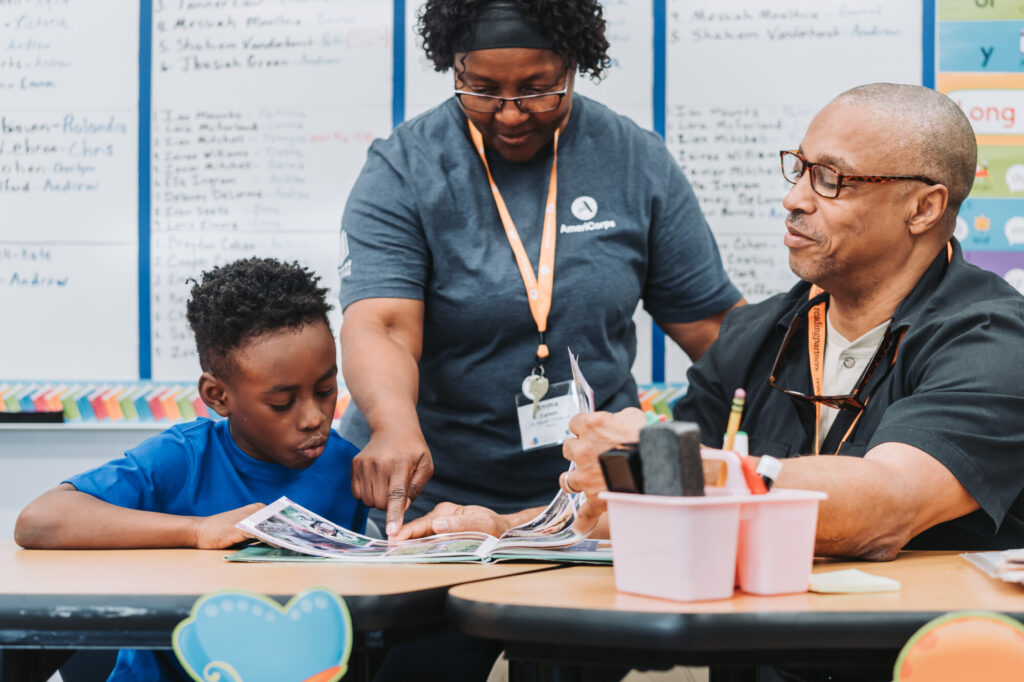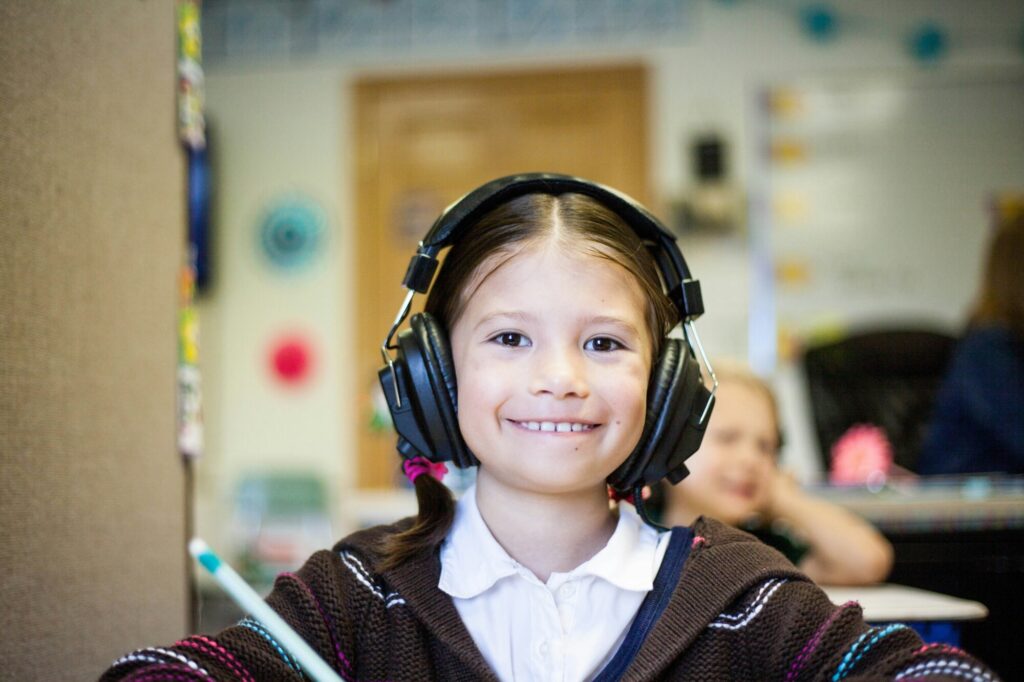
How poetry can help kids develop reading skills
April 24, 2020
Marketing and communications associate
The power of a good poem can help make reading a reality for young kids. From making reading fun to teaching kids different ways to think about phonemic sounds, poetry is an invaluable resource in any young reader’s literacy journey.
Here are a few ways poetry helps kids improve their reading skills.
Motivates children to read
Some parents may have emergent readers who are struggling to find the motivation to pick up a book and hone their skills. If this is the case, try poetry. Kids will find joy in reciting their favorite poems with a caregiver and they’ll gain important literacy skills at the same time. As poetry is typically only a few lines, it may feel less daunting to a young reader to tackle a poem as opposed to a longer book.
While being short, poetry is still packed with important literary elements such as characters, narrative structure, new words, and sometimes rhyming that can help children build foundational and more advanced literacy skills.
The musical rhythm of poems can also remind kids of their favorite songs. The next time you feel like reading a poem with your child, try singing it and see what happens.

Teaches young readers about sound
Reading poetry helps children about voice, pitch, volume, and inflection. While these are mainly functions of speech, they’re also incredibly important for children learning to read. Poetry can teach young readers about speech patterns, which can give them cues to the words on a page.
Additionally, rhyming can help kids identify sounds in words and identify word families. For example, check out this stanza in the poem “The Letter A” by Darren Sardelli:
“Without the A, you couldn’t aim
an arrow in the air.
You wouldn’t ask for apricots
or almonds at a fair.”
This stanza could help young readers practice the short “a” and long “a” sounds and expose them to word families such as “air” and “fair.” For children learning to read, poems that play with sound and rhyme like this one can offer a new perspective on phonetics.
Builds vocabulary
Like any form of reading, poetry can introduce children to new words. Poetry is unique in that it typically follows a rhythm. When children read sentences and phrases that have a cadence, it introduces them to new words in new contexts.
Even though it may not seem like it, a poem that rhymes is the result of certain restrictions a poet followed during the writing process. If they want every other line of a poem to rhyme, there are a limited number of rhyming word pairs that could contextually fit in the first and third lines. For the poet, this results in surprising new connections between words. For the reader, these new connections translate to a larger vocabulary.
In “The Dentist and the Crocodile,” Roald Dahl rhymes common words with new words your young reader may not know:
“The crocodile, with cunning smile, sat in the dentist’s chair.
He said, ‘Right here and everywhere my teeth require repair.’”
While “chair” is a pretty common word, “repair” may be less familiar to your child in the same word family. The fact that these words rhyme creates a connection between them, which may make these specific words and other words with an ending “-air” sound easier to remember. At the very least, this poem would help a young reader add “repair” to their vocabulary.

Encourages creativity
Pablo Picasso once said, “It took me four years to paint like Raphael, but a lifetime to paint like a child.”
Children have wonderful, active imaginations. Poetry can help children tap into their creativity by encouraging them to think about the new and unexpected relationships between words. In addition, having young readers try to write poetry can improve their literacy skills.
The wonderful thing about poetry is that it’s subjective. Poetry can have a narrative structure, nonlinear structure, or even just be a collection of your favorite words. When children are learning to read, giving them the freedom to express themselves through poetry can be both an educational and fun experience. And who knows, the creativity of their writing may surprise you!
Reading aloud
One of the seven most important skills for promoting literacy is supporting oral development. Reading poetry aloud, just like reading other genres aloud, can help children improve their literacy skills. When kids read aloud, they think more deeply about the sound of the words they’re saying and therefore improve their reading skills.
Poetry is the perfect genre for reading aloud because it’s rhythmic, expressive, and fun. Host a poetry reading event in your home or classroom, and share your favorite poems with the little ones.
Love the idea but don’t know where to start? Here are some poetry suggestions to get your kids reading:
Falling Up by Shel Silverstein
Poetry for Young People: Emily Dickinson by Emily Dickinson and Francis Schoonmaker Bolin
Poetree by Shauna LaVoy Reynolds
Full, Full, Full of Love by Trish Cooke
Homemade Love by Bell Hooks
My Village: Rhymes from Around the World by Danielle Wright




